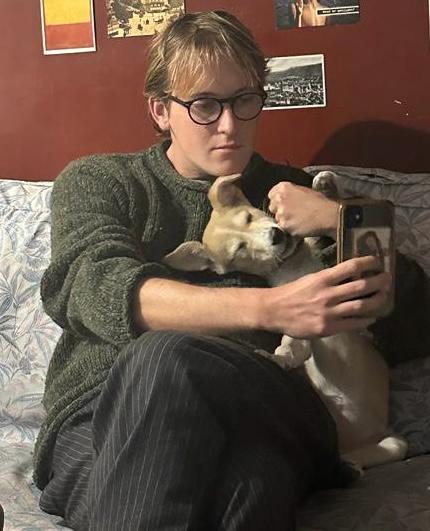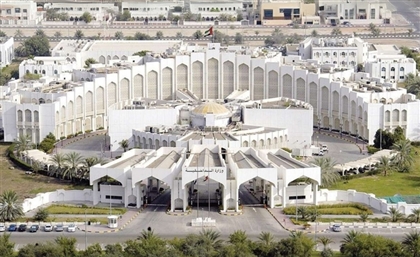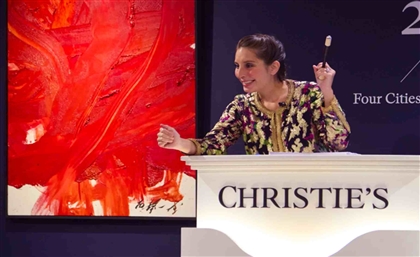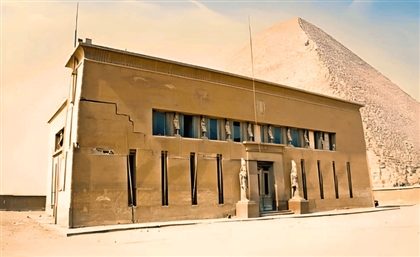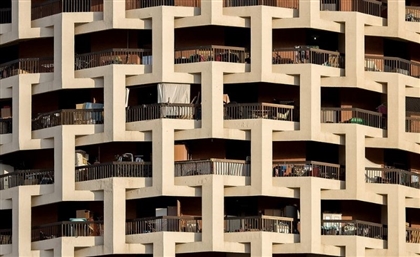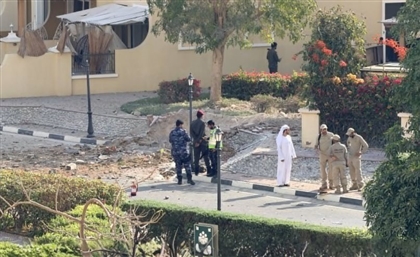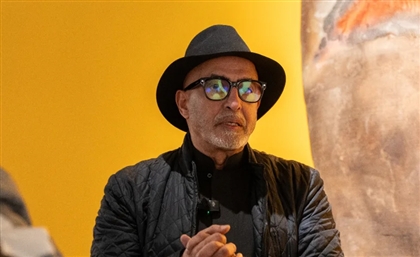This Abu Dhabi Art Foundation Refashions the Legacy of Orientalist Art
Opened in March, the Bassam Freiha Foundation features the private collection of Lebanese publishing tycoon Bassam Freiha.
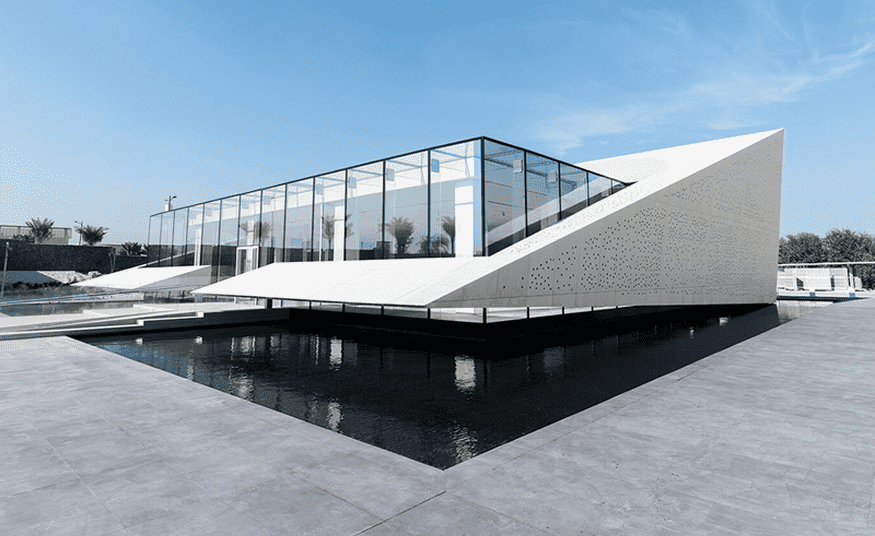
Originally Published on September 20th, 2024
Throughout the 19th century, as much of the Arab world came under the control or influence of Western imperial powers, European artists flocked to the region in search of inspiration. From spice-laden markets in the bustling labyrinthine alleys of North African casbahs to motley crews of merchants, mercenaries and pashas bickering over shisha pipes in the cafés of Cairo and Damascus, painters like Jean-Léon Gérôme, John Frederick Lewis and Eugène Delacroix depicted riotously colourful and ‘exotic’ scenes that captivated Western audiences.
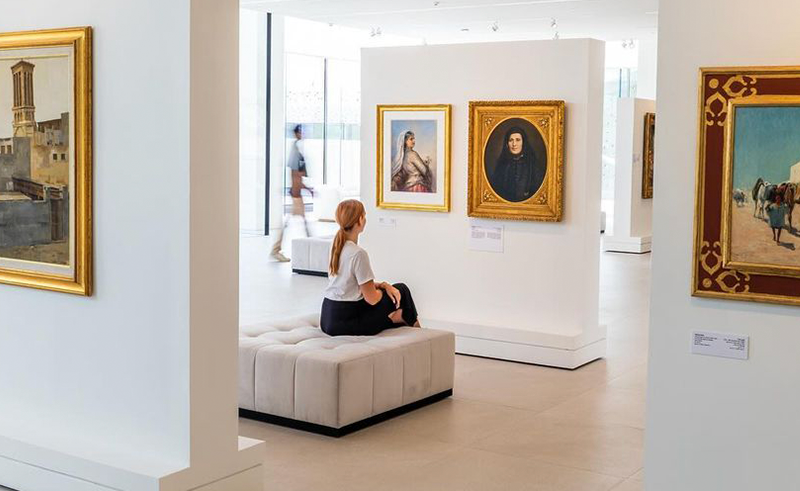
Of particular interest to these European bohemians - and to their wealthy patrons back home - were voyeuristic, erotically charged depictions of Arab women. Paintings such as ‘The Grande Odalisque’, featuring scantily clad women draped in semi-transparent silks, languishing in harems and bathhouses, created an eroticised lascivious image of the East that fuelled the sexual fantasies of the Western imagination.
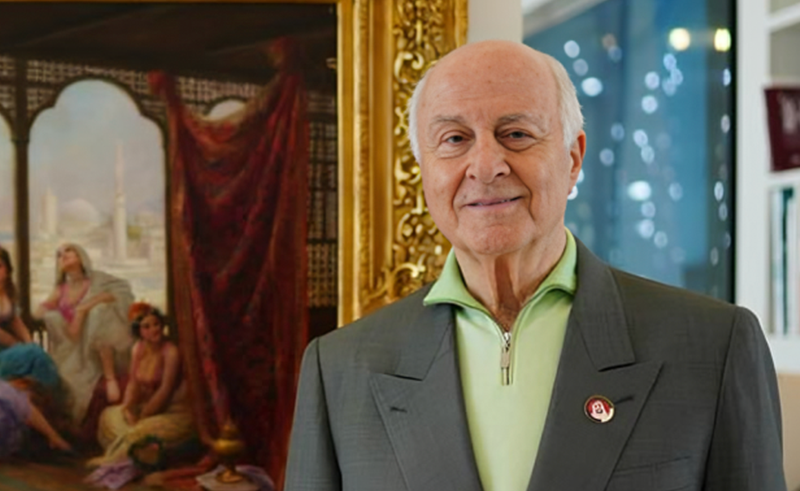
Today, Orientalist art is often criticised or outrightly vilified for perpetuating negative stereotypes about Arab societies. However, the genre, whose tropes continue to influence popular Western perceptions of the Middle East, has long fascinated Arab collectors. One such collector is Lebanese publishing tycoon H.E. Bassam Freiha, who, during his storied career running publishing giant Dar Al Sayyad, amassed one of the most significant global collections of Orientalist art focusing on depictions of Arab women.
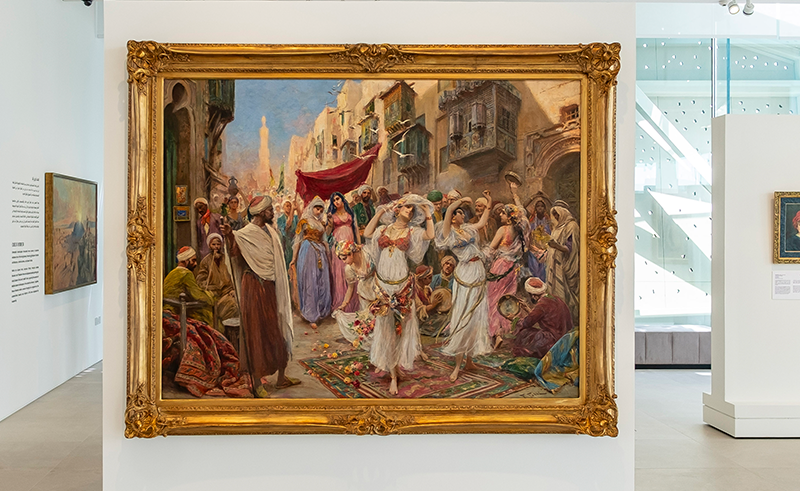
“Orientalist art, while often critiqued for reinforcing stereotypes and exoticizing the East, has a complex significance that deserves nuanced understanding,” H.E. Bassam Freiha tells SceneNowUAE. “Despite criticisms of its colonial perspectives and inaccuracies, these artworks offer a historical glimpse into Western perceptions of the East. Engaging critically with these works helps us understand their impact on perceptions of the Middle East.”
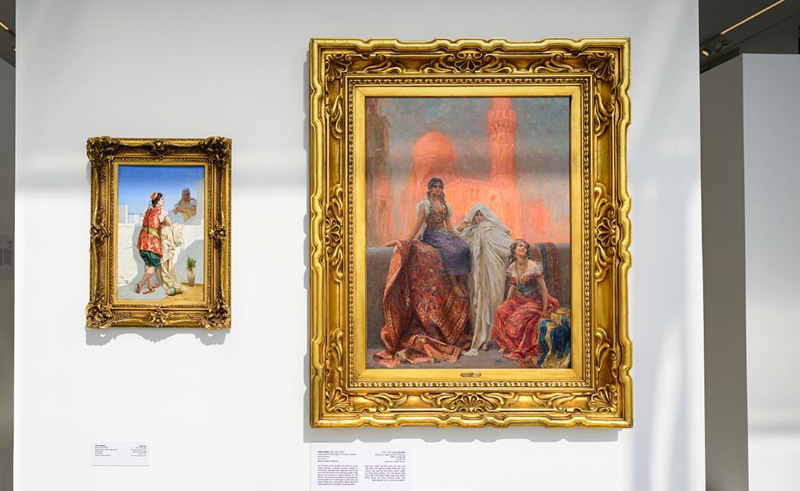
In his desire to share his collection with the public, H.E. Freiha decided to establish his own art and cultural foundation in the Cultural District of Saadiyat Island, Abu Dhabi. “The decision stemmed from a deeply personal vision rooted in my passion for art. My journey as a collector and philanthropist has always been about more than just acquiring art. It’s been about fostering a deeper understanding for the diverse narratives that art can tell. I wanted to create a space where these stories could be explored and celebrated.”
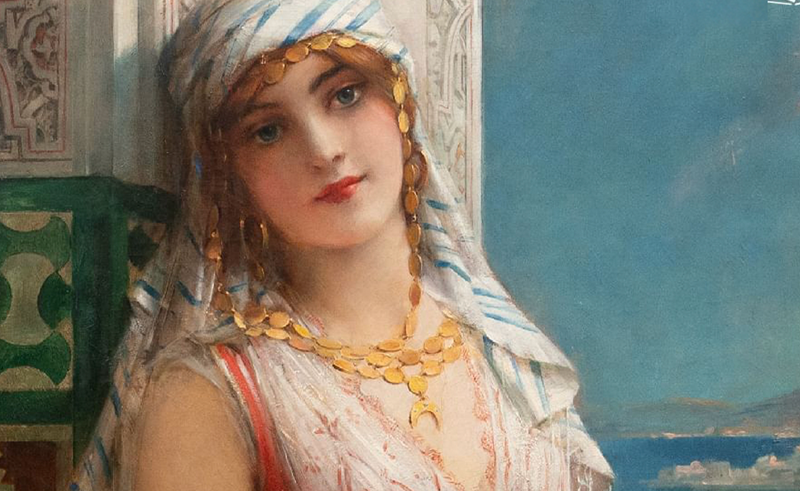
Designed by Lebanese architect Rasha Gebran in close consultation with Freiha, the Bassam Freiha Foundation opened its doors on March 2nd in the Cultural District of Abu Dhabi’s Saadiyat Island near the Abu Dhabi Louvre. The building, which has been lauded for its minimalist sharp geometric design and innovative use of light and water, also features a sculpture garden with works by both regional and international sculptors.
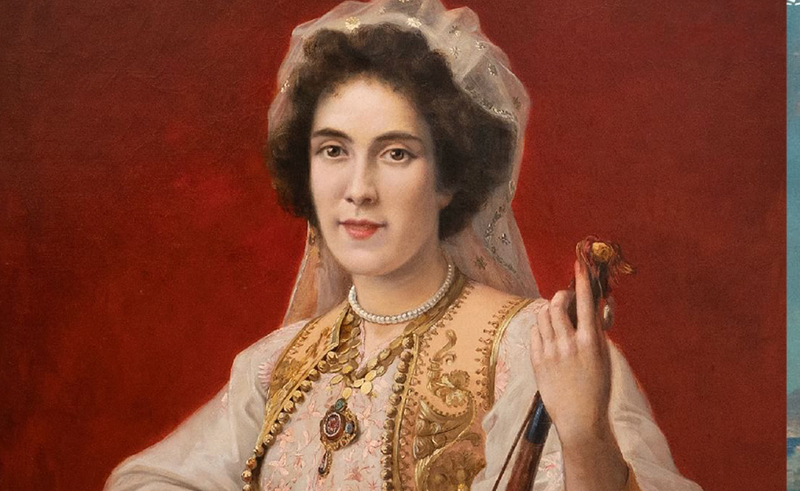
Free and open to the public, the BFAF has already established itself within the UAE’s cultural and art scene by hosting various events, including artist-led workshops, guest lectures and panel discussions with leading art historians. It has also just recently concluded its inaugural exhibitions, ‘Echoes of the Orient’ and ‘Reclaiming Visions’ (March 4th - August 15th, 2024) which explored the complex legacy of the Orientalist movement through H.E Freiha’s collection.
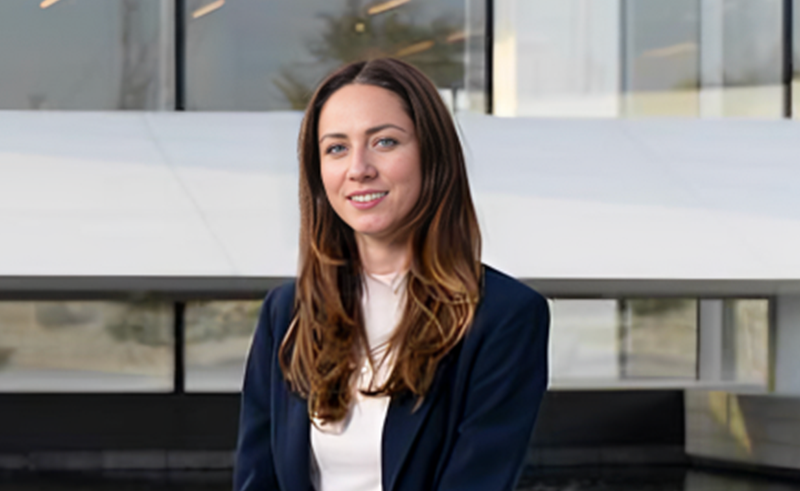
“Curating ‘Echoes of the Orient’ was an opportunity to explore and recontextualize Western perceptions of the Middle East through the lens of Orientalist art,” explains Michaela Watrelot, the BFAF’s Head Curator, to SceneNowUAE. “The exhibition juxtaposed Orientalist works with modern Arab art, creating a dialogue that invites viewers to reconsider the narratives these artworks have historically perpetuated.”
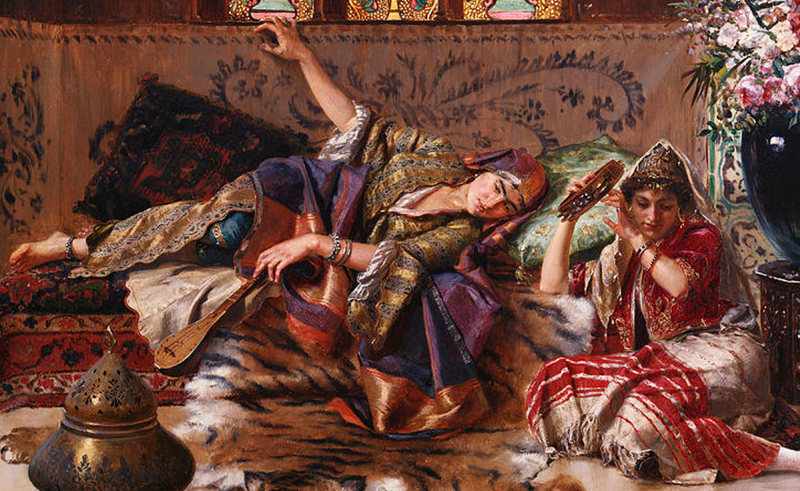
In the adjoining annex, ‘Reclaiming Visions’ went further in directly challenging the unequal power dynamics between the West and the Middle East inherent in the Orientalist genre. By showcasing photographs of Arab women by Iraqi contemporary artist Sama alShibi, using the same 19th-century albumen photogravure processes as those employed in Orientalist photographs from the collection, the exhibit aimed to subvert historical stereotypes and reclaim appropriated narratives about Arab women.
Moving forward, while the BFAF will continue to draw upon its permanent collection of Orientalist art to explore Western perceptions of the Middle East, it aims to go beyond this by promoting emerging talent and Middle Eastern art more broadly. For example, Its upcoming exhibition, ‘Hour Eternal’, will delve into the evolution of abstract art in the UAE, showcasing works by pioneering Emirati artists.
- Previous Article Italian-Palestinian Duo No Input Debuts Eponymous Electro EP
- Next Article Travel Across History on Egypt's Most Iconic Bridges







